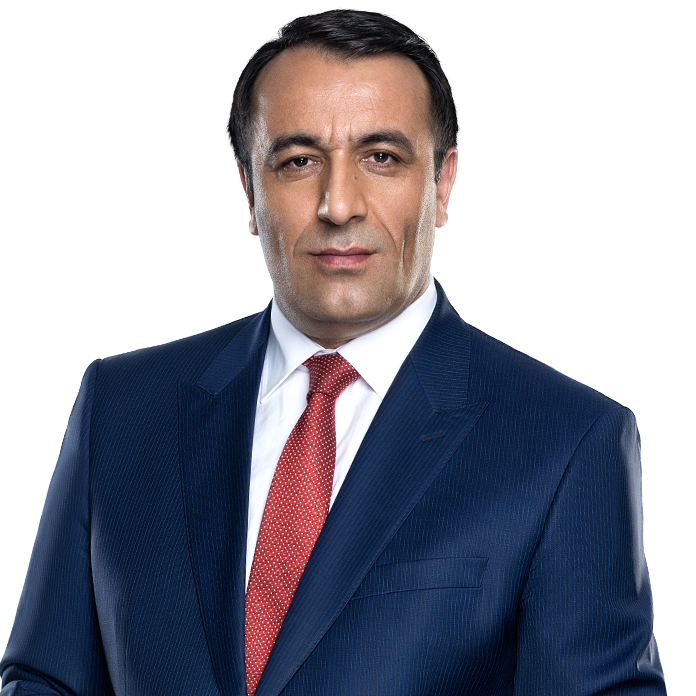Numerous important changes have occurred in our lives ever since the Covid-19 outbreak emerged in China last year and these were mostly felt in fields such as education, business life, economy, trade, investment tools, social policy, health, among several others.
Due to the Covid-19 outbreak, face-to-face learning and training in numerous countries across the globe was suspended. Remote education replaced face-to-face learning. While significant new investments were made in online learning, alternative tools and softwares were used in remote education and training. Due to the ongoing uncertainties regarding the rising numbers of Covid-19 cases, remote education is set to continue in many countries in the upcoming period or periods.
Working from home or flexible working schedules will be even more prominent on the agenda. Especially for employees who do not want to return to work and have chronic diseases, working from home will make a significant contribution to the return of so many people to workforce.
Gold has become an important investment tool that stands out as it has an important place in being a safe haven among investment tools and has since continued to gain value. It is clear that it is not a good sign for world production as precious metals such as gold gain in value and the resource that will flow into production is accumulated.
In addition, we are experiencing a period in which the search for new reserve money will accelerate due to the question marks posed by the depreciation of the dollar, which is the world’s reserve currency.
Meanwhile, social policies gained more prominence. Social risk has decreased in countries that protect and watch over their citizens with social aid and support. Most importantly, in these countries, it has been guaranteed that the loss of income due to the virus is shared and the loss of welfare is partially re compensated through social protection.
During this period, it became clear just how important social policies really are.
The Covid-19 pandemic resulted in severe restrictions over tourism through the suspension of flights between countries and restrictions on arrivals from other hot-spot countries significantly impacted tourism and caused massive hard currency losses for countries that are dependent on tourism revenues such as Turkey.
Of course, the sector that was hardest hit by the pandemic was trade. The sharp decrease in trade between countries has been a significant loss of income for countries whose export economies rely on trade for hard currency.
Although many experts strongly believe that these changes will be temporary, that is, life will again normalize, the rising number of cases globally and the elusiveness of a vaccine unfortunately undermine this prediction.
Due to Covid-19, the global economy is experiencing a "V" shaped contraction as result of the contraction in manufacturing, the sharp decrease in trade due to restrictions between countries, the decrease in consumption due to the loss of income and the change in the priority of government expenditures. In other words, there is an expectation that recovery will occur after this period of recession.
However, the number of Covid-19 caes continues to increase around the world. It’s currently thought that the rising number of cases, set to further increase in autumn, seen the most feared period, stands out as the biggest risk threatening all economies.
Although there is a "V" type contraction for now, it remains to be seen if this will continue in the future or whether there will be a "W" or double-dip type contraction in the economy under the impact of the new surprises to come.




















